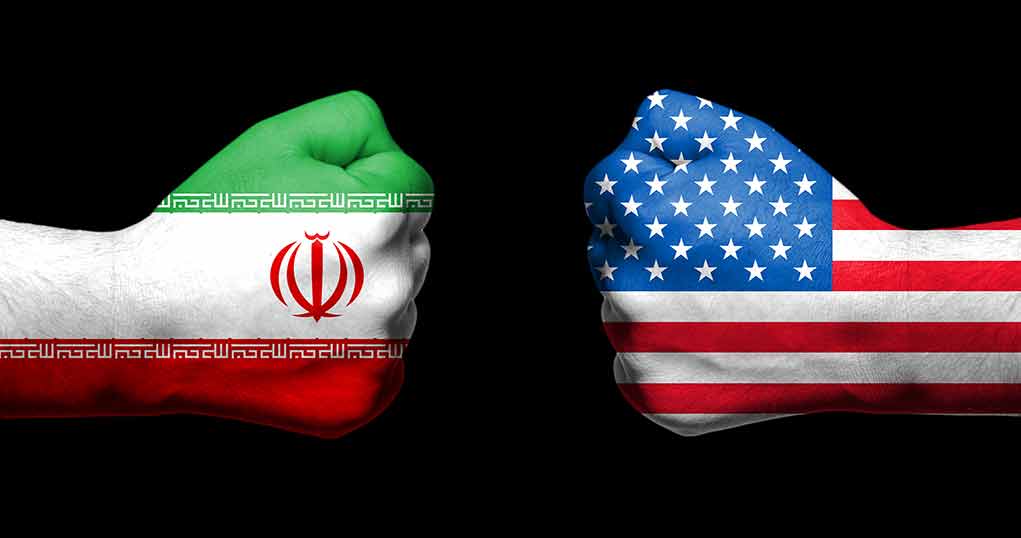Iran’s Supreme Leader Ayatollah Ali Khamenei emphatically dismisses potential U.S. negotiations, highlighting enduring mistrust despite recent overtures.
Khamenei’s Firm Stance Against U.S. Negotiations
In a recent public address, Iran’s Supreme Leader, Ayatollah Ali Khamenei, reiterated his stance against engaging in negotiations with the United States. Khamenei declared that talks with Washington are neither “wise nor honorable,” expressing skepticism and distrust based on previous experiences. His statements come amidst President Donald Trump’s interest in nuclear dialogue with Tehran.
🇮🇷 Ayatollah Khamenei Rejects U.S. Talks, Calls Negotiations “Unwise”
— Live Updates (@LiveupdatesUS) February 7, 2025
Iran’s Supreme Leader, Ayatollah Ali Khamenei, dismissed the idea of nuclear negotiations with the U.S. after President Donald Trump suggested potential talks with Tehran.
🔹 Khamenei stated that engaging… pic.twitter.com/5xd1EdrM3d
Khamenei articulated that past interactions, particularly concerning the Joint Comprehensive Plan of Action (JCPOA), did not benefit Iran as anticipated. He criticized the JCPOA, emphasizing that the U.S. failed to adhere to its obligations under the agreement despite Tehran’s concessions.
Iran’s Reaction to U.S. Policies
Addressing military commanders ahead of Iran’s revolutionary victory anniversary, Khamenei stressed that negotiating with the U.S. would not resolve Iran’s issues, reinforcing Tehran’s distrust of American intents. U.S. President Trump previously withdrew from the JCPOA in 2018, implementing a sanctions regime to compel Iran to negotiate a new agreement.
🚨🇮🇷🇺🇸 BREAKING: Ayatollah Khamenei SLAMS IDEA of US/Iran talks
— Sir Chilliebean (@Chilliebeanz) February 7, 2025
“Negotiation with US is NOT WISE, HONORABLE & CAN’T solve our country's problems.
We made lots of concessions, but Americans FAILED to hold up their end of the bargain.”
Via @jacksonhinkllepic.twitter.com/F1J6knGQFg
“We negotiated, we compromised, we made concessions, but did not achieve the outcome we intended.” – Ayatollah Khamenei.
In response to U.S. punitive measures, Iran maintains its nuclear ambitions do not include weaponization, backed by a fatwa issued by Khamenei himself. Iran regards recent sanctions as illegitimate, blaming Washington for escalating tensions.
Historical Context of U.S.-Iran Tensions
The longstanding conflict over Iran’s nuclear ambitions and the pressures exerted by Western powers continue to fuel this geopolitical rivalry. The JCPOA represented an attempt to foster cooperation; however, recent developments have rekindled old animosities, reminding Iran of the fragility and unpredictability of U.S. foreign policy.
“If they threaten us, we will threaten them. If they carry out this threat, we will also implement the threat. If they attack the security of our nation, we will also attack their security, without a doubt.” – Ayatollah Khamenei.
Ayatollah Khamenei’s rebuff underscores the historic challenges in US-Iran relations, deeply rooted in decades of political and ideological clashes. His latest comments also signal readiness to retaliate should U.S. actions threaten Iran’s sovereignty, reflecting the Quranic teaching of equal retribution to any threat posed against its nation.
Sources:
https://www.intellinews.com/iran-s-supreme-leader-says-negotiation-with-the-us-not-wise-365914/
https://www.newsmatwitter.com/newsfront/iran-us-ayatollah-khamenei/2025/02/07/id/1198171

